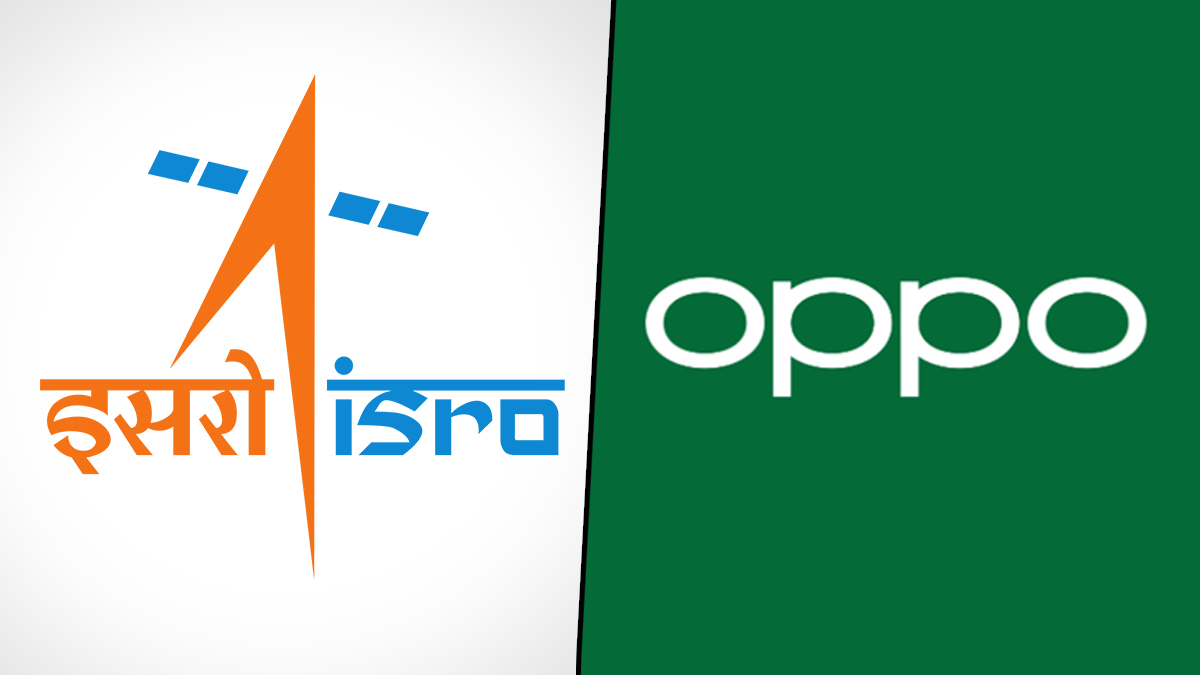Experts believe that the research and development team of Oppo, which is headquartered in China, will now be able to access the data generated by NavIC.
New Delhi: Even as the Indian military is engaged in a prolonged border stand-off with China, an exercise which is draining the national exchequer by more than Rs 100 crore a day, India’s premier space organisation, the Indian Space Research Organisation (ISRO) on Friday signed a Memorandum of Understanding (MoU) with Oppo mobile whose registered office is in Dongguan, China.
Under this MoU, ISRO and Oppo India will work together on the research and further development of the NavIC messaging service. Oppo will use this NavIC based messaging service in its phones that will be sold in India in the future.
The Indian Regional Navigation Satellite System (IRNSS), which is known more commonly by its operational name, NavIC (acronym for NAVigation with Indian Constellation) is an autonomous regional satellite navigation system that generates accurate real-time positioning and timing services. The development of this system was approved by Government of India (GoI) in May 2013 to prevent the repeat of what the Indian military faced during the Kargil war, when their request to access foreign government-controlled global navigation satellite systems were denied by the owner countries including the United States.
Following this MoU, Oppo will now build ready to use, end to end application-specific solutions by integrating NavIC messaging service with its mobile handset platform.
The NavIC system provides regional navigation services covering the Indian mainland. It also covers an area of up to 1,500 km beyond the Indian mainland. Other than location services, the NavIC technology is also capable of broadcasting short messages, or popularly known as SOS. Oppo phones currently rely on GPS and the Chinese owned Beidou global positioning services.
“Under our latest MoU, we will support ISRO with our industry-leading R&D capabilities to provide a seamless experience to the users of the NavIC application. In line with our vision towards Make in India, Oppo will invest in further scaling the product with its competitive and experienced R&D team. To benefit our users and the government,” Oppo India said in a press note.
While the details of the MoU were not shared by the ISRO or Oppo, experts believe that the research and development team of Oppo, which is headquartered in China, will now be able to access the data generated by NavIC. Another Chinese headquartered mobile company, Xiaomi had announced a similar tie-up with ISRO in 2020
Oppo Mobile India’s revenue from operations for the fiscal ended 31 March 2020 has increased by 79% to Rs 38,574.5 crore from Rs 21,524.6 crore in the previous fiscal, as per media reports. The company’s advertising promotional expenses in the same year more than doubled to Rs 2,276.5 crore from Rs 1,111.6 crore. Oppo had an 11% share of the Indian smartphone market in 2020 with a shipment of 16.5 million handsets.
The Sunday Guardian’s emails to the office of the ISRO chairman and his subordinate officers seeking their response on the issue including what, if any, security audit and analysis has been done before signing this MoU, did not elicit any response.
However, this development

